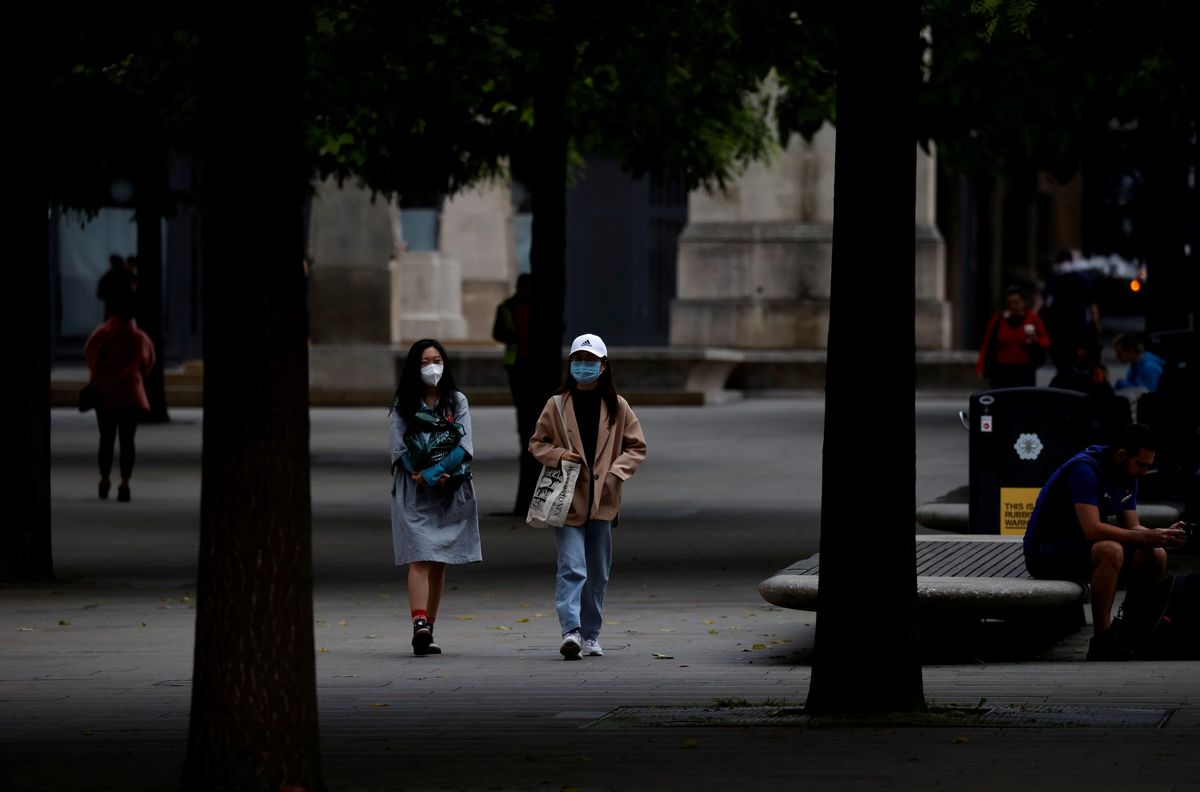What do we actually know about the Delta variant

A few minutes every morning is all you need.
Stay up to date on the world's Headlines and Human Stories. It's fun, it's factual, it's fluff-free.
For the US, experts don’t necessarily see widespread surges in cases on the horizon. Instead, they think that there will be local outbreaks in places that have lower vaccination rates, like Mississippi, Alabama, Wyoming and Arkansas.
What exactly is the Delta variant?
- Though it sounds a little scary, Delta just refers to the fourth recorded strain of the COVID-19 virus (fourth letter in the Greek alphabet).
- There are a number of other strains of COVID-19 as well, including the beta, gamma and zeta variants, but the Delta variant that originated from India last October, has been the most problematic one so far.
- It’s now the main strain in the United Kingdom, and other countries like Australia, Bangladesh and South Africa have now set curfews and lockdowns to contain the spread. In the United States, the Delta variant currently makes up of about a quarter of cases.
- The big problem with the Delta variant is that according to ongoing studies, it is between 40% and 60% more transmissible than the original strain of COVID-19. Another way to think about why this is such a big problem is that, in a situation where the original strain would infect five people, the new strain would infect seven or eight. That’s two or three more people who might need medicine, oxygen or hospital beds.
- It’s for this reason that the World Health Organization (WHO) put the Delta variant on its list of “Variants of Concern,” meaning that it’s paying close attention to where the Delta variant is, how it works and what the best measures are to stop it.
- One of the big things we don’t yet know about the Delta variant is if it’s any worse in terms of symptoms than the original strains. There are reports of different symptoms than the original strain, but no hard evidence just yet.
Do vaccinations help?
- The good news is that vaccinations do help – a lot. Two doses of the Pfizer vaccine, for example, including the two weeks for the second dose to take effect, is 96% effective in preventing hospitalization by people infected by the Delta variant. Less is known about Johnson & Johnson vaccine, although their company has said that even just one-shot can help.
- The bad news though, is that being partially vaccinated, meaning having only one dose of a two-dose vaccine, doesn’t seem to be quite as effective against the Delta variant as it is against the original strain.
- For countries like the UK where they suspended second-shots to give everyone their first one, this is a huge problem because it means that the first shot isn’t as effective as was originally predicted.
- Because of this, reopenings have been delayed while people get their second doses.
- For the US, experts don’t necessarily see widespread surges in cases on the horizon. Instead, they think that there will be local outbreaks in places that have lower vaccination rates, like Mississippi, Alabama, Wyoming and Arkansas.
- All four states have less than 35% of their population vaccinated.
What’s being done now to prevent it?
- In the US, there isn’t any indication that groups like the Centers for Disease Control and Prevention (CDC) will be changing the guidelines about mask wearing, physical spacing, etc.
- Instead, the focus is on local governments to watch the situation and adjust guidelines as needed. For example, the Los Angeles County Department of Public Health recommended that everyone, even vaccinated people, wear masks indoors because of high rates of the Delta variant in LA County.
- Globally, the big piece of guidance given by health officials is simply to get people vaccinated.
- “Get vaccinated as soon as you can get access to your vaccine when your turn comes,” said the WHO’s Chief Scientist Dr. Soumya Swaminathan, “and continue to take all the precautions so that you are completely protecting yourself as well as protecting others around you.
Have a tip or story? Get in touch with our reporters at tips@themilsource.com




Comments ()